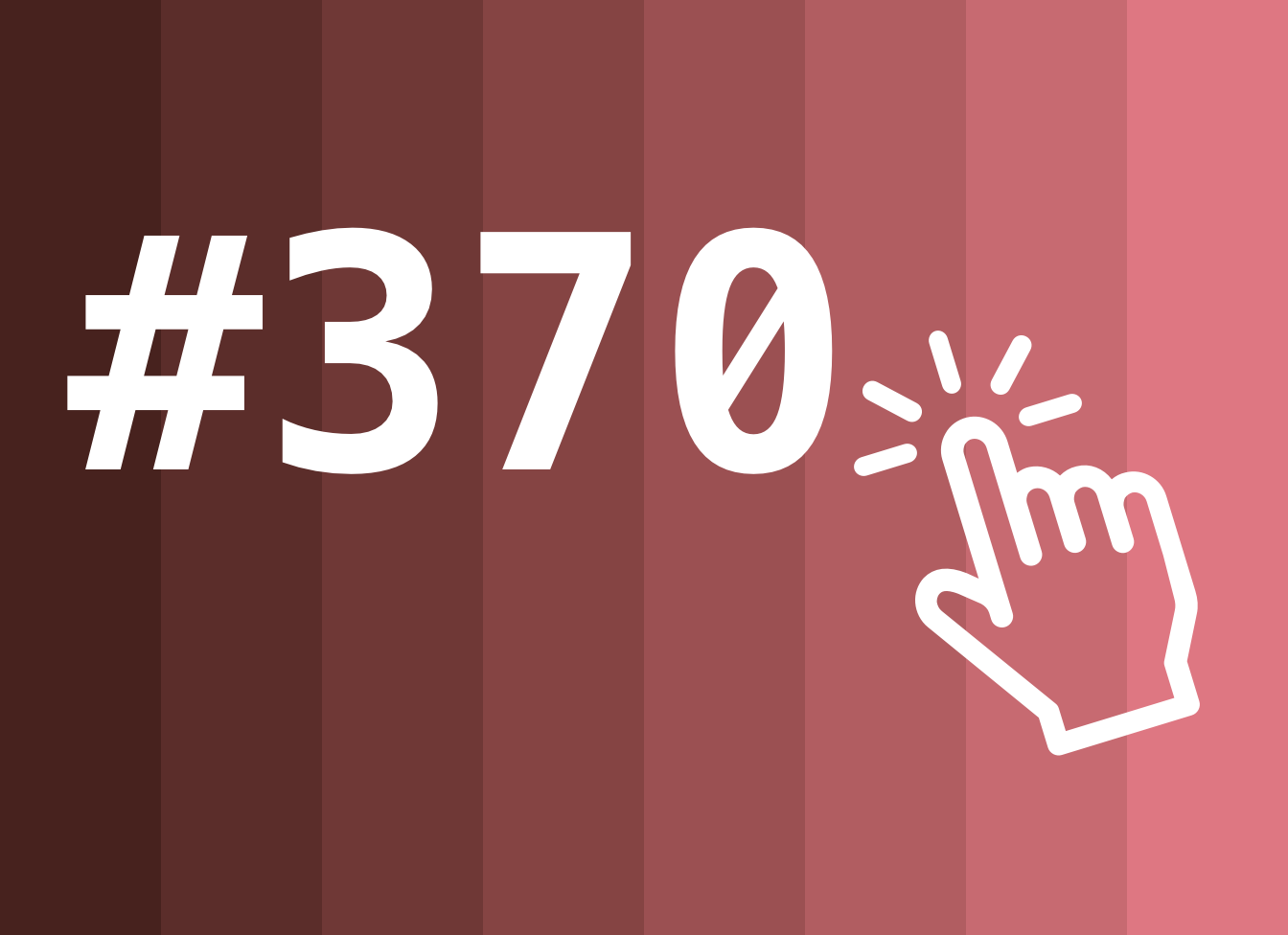Ugh, not again 🦠
+ Try Harder, Flow, Zombie Traffic Lights (#370)

1. Getting Back to Normal Is Only Possible Until You Test Positive
«I was ultracareful for 18 months. Then I got COVID.» I'm sure you're all tired of reading about coronavirus — just as we're all tired of this stupid virus and everything it caused. This personal piece by Alexis C. Madrigal is worth your time, I promise. It encapsulates the exhausting, fragile phase we're currently experiencing. And it makes the convincing case that, once again, we need to «update our mental spreadsheets».

2. «We do not want that dreaded death sentence. Try harder, try harder.»
As the COP climate summit in Glasgow wraps up, I wish more people listened to Mia Mottley. In this short speech, the Prime Minister of Barbados reminds everyone what's at stake. That this isn't all about abstract targets and pledges. It's about preventing suffering and death of real human beings. Watch it now.
3. Cultivating Flow
Flow is one of these concepts that intuitively make sense. You know what it means when you're in the flow. There's actually an entire theory of it. Its inventor, psychologist Mihaly Csikszentmihalyi, has died recently. Seems like a good time to have a closer look at the theory (or, if you prefer, an explanation in one simple chart)
4. Our Worst Idea About «Safety»
From bike helmets to contraception, mask mandates to diet coke — there's a misconception about human behaviour that won't die: We're told that when people adopt certain safety measures, they will become negligent and all benefits of the safety measures are cancelled out. This essay traces the idea back to its origins and examines how it keeps shaping policy — for the worse. Key quote: «Life is not just about staying safe by avoiding everything. The point of these measures is to allow for a small amount of risk compensation.» Read it now.
5. Soccer Looks Different When You Can’t See Who’s Playing
A fascinating study: If people watch scenes from football games (or soccer, if that's what you call it), they tend to say players from Africa are «more athletic» and women are «less skilled». When the same people watch schematised versions of the same scenes, where race or sex of the players is obscured, they see things differently. Read it now.
What else?
- Promising new podcast: Lost Women of Science. The first three episodes are available already.
- Fun geography fact du jour: There's a border conflict where two countries both claim an eara of land belongs to the other.
- Eagle attacks mountain goat (what?), mountain goat escapes by throwing itself down the mountain (what?!).
- An exhaustive codex of cognitive biases.
- It's a thing: Zombie Traffic Lights.
- Did you know that the US military emits about as much greenhouse gases as the entire country of Portugal? What's more: Countries do not have to report emissions from their military.
That's it for this week. Thanks for reading. Next week, I'll have some more info on a few changes that come with the migration (nothing big, but good news for you). See you next Friday!
— David 👋
PS: Want to learn more about why I switched from Substack to Ghost? A wrote down a few thoughts on that.


